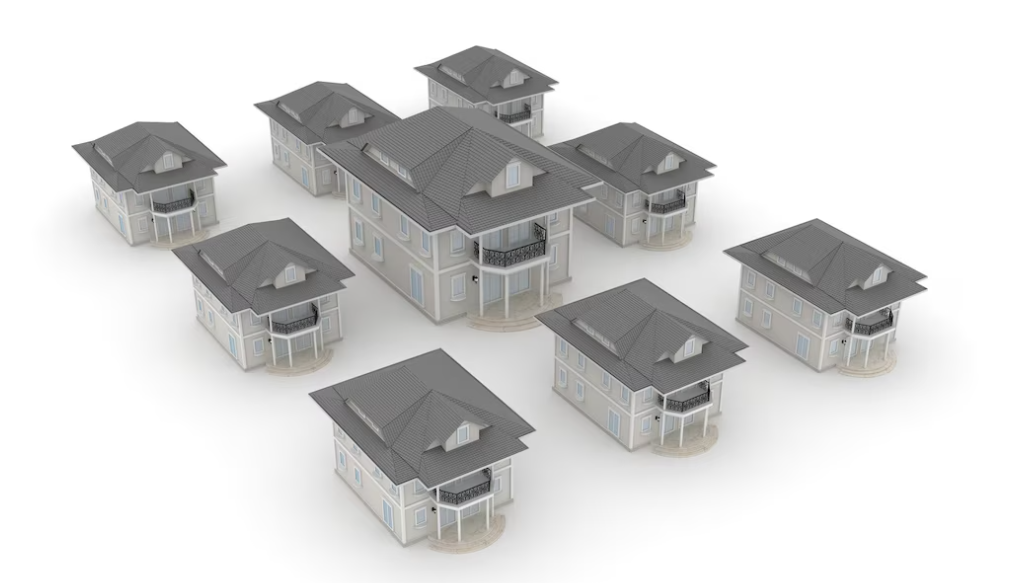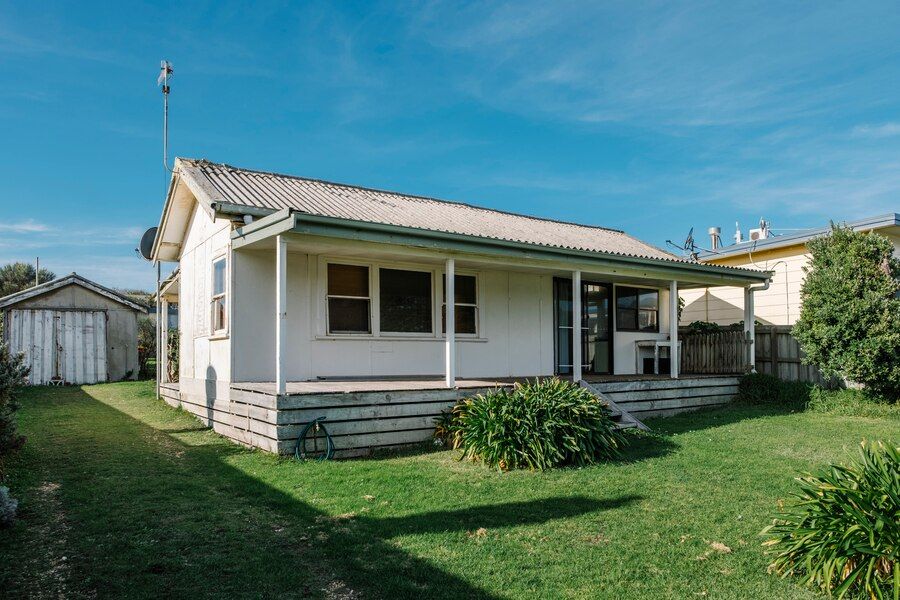Email: info@yimuhouse.com Whatsapp: (+86)13391718082

Get A Quote
Is a Modular Home Better Than a Manufactured Home?——Let’s Find Out
Welcome to the realm of modern housing, where innovation meets convenience. Today, we delve into the fascinating world of prefabricated homes, exploring the differences between modular and manufactured homes. If you've ever wondered what sets these two types of homes apart or are considering making the switch, read on to uncover the pros and cons of each. Let's break down the intricacies of modular and manufactured homes in a way that's easy to understand.
What is a Modular House?
To kick things off, let's demystify the concept of a modular house. Essentially, a modular home is a type of prefabricated housing constructed off-site in sections or modules. These modules are then transported to the desired location and assembled on-site. The beauty of modular construction lies in its flexibility — homeowners can customize their modular homes to suit their preferences, creating a tailored living space.
What is a Manufactured House?
On the flip side, manufactured homes, often referred to as mobile or trailer homes, are built entirely in a factory and transported to the site as a whole. These homes are constructed on a permanent chassis and are designed to be mobile. Manufactured homes come in various sizes and styles, providing an affordable housing solution with a quicker construction process compared to traditional homes.
Difference between Modular and Manufactured Homes
Now that we have a basic understanding of both modular and manufactured homes, let's highlight the key differences between the two.
1. Construction Process:
- Modular homes are built in separate sections, allowing for greater customization and flexibility in design.
- Manufactured homes are constructed as a single unit in a factory, offering a faster and more cost-effective building process.
2. Foundation:
- Modular homes are typically placed on a traditional foundation, similar to stick-built homes, ensuring stability and permanence.
- Manufactured homes rest on a steel chassis, making them easy to transport but requiring additional considerations for stability on-site.
3. Property Classification and Financing:
- Modular homes are considered real property, aligning with traditional real estate financing through construction loans.
- Manufactured homes, due to their mobility, are considered chattel or personal property, often requiring private personal loans with potentially higher interest rates, though FHA loans may offer a more affordable alternative.
4. Regulatory Compliance:
- Manufactured homes adhere to federal HUD standards, regulating design, energy efficiency, and safety.
- Modular homes are subject to local, state, and regional building codes, reflecting a more localized regulatory framework.
Pros and Cons of Modular Homes
Let's explore the advantages and disadvantages of choosing a modular home for your next dwelling.
Pros:
- Customization: Modular homes offer a high level of customization, allowing homeowners to tailor their living space to their unique preferences.
- Quality Control: Built in a controlled factory environment, modular homes often boast higher construction quality and fewer on-site issues.
- Energy Efficiency: Many modular homes are designed with energy-efficient features, providing cost savings over the long term.
Cons:
- Cost: While modular homes can be cost-effective, the initial cost may be higher due to customization and transportation expenses.
- Limited Design Changes: Once modules are built, major design changes can be challenging and costly.
Pros and Cons of Manufactured Homes
Now, let's turn our attention to the advantages and disadvantages of manufactured homes.
Pros:
- Affordability: Manufactured homes are generally more affordable than modular or traditional homes.
- Quick Construction: The entire construction process of a manufactured home is faster compared to modular or site-built homes.
- Mobility: The ability to move a manufactured home offers flexibility for those who may need to relocate.
Cons:
- Limited Customization: Manufactured homes offer less customization compared to modular homes.
- Resale Value: Manufactured homes may have lower resale value compared to modular or site-built homes.
Which is Better: Manufactured or Modular Home?
The answer to this question ultimately depends on your priorities and lifestyle. If customization and long-term quality are crucial, a modular home might be the better choice. On the other hand, if affordability and quick construction are top priorities, a manufactured home could be the perfect fit.
Conclusion
As you navigate the world of prefabricated homes, consider your priorities, lifestyle, and preferences when choosing between a modular or manufactured home. Whether you opt for the customization of a modular home or the affordability of a manufactured home, the key is to find a dwelling that suits your unique needs. And in this dynamic landscape, Yimuhouse stands ready to redefine your concept of home. Our dedication to innovation, quality, and sustainability makes us a trusted partner in your journey towards a modern and comfortable living space. Welcome home with Yimuhouse, where your vision becomes reality.

